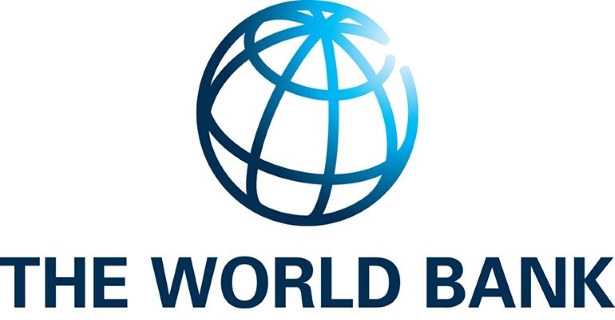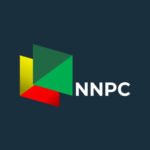The World Bank has advised the Federal Government of Nigeria to raise public health taxes on products such as tobacco, alcohol, and sugary beverages, saying the move could significantly expand revenue generation and improve public health outcomes.
The recommendation was contained in the Bank’s latest Nigeria Development Update report titled “From Policy to People: Bringing the Reform Gains Home,” released in early October 2025.
According to the report, Nigeria — despite being West Africa’s largest consumer market — maintains some of the lowest excise tax rates within the ECOWAS region and globally. The Bank noted that the country currently imposes a 20% ad valorem rate on spirits and 30% on tobacco, compared to much higher rates in neighbouring countries such as Togo (100%), Senegal (65%), and Ghana (50%).
Describing the situation as a “significant untapped potential,” the World Bank said raising these taxes could help broaden Nigeria’s fiscal base, reduce health risks, and promote greater tax equity.
“These taxes improve health outcomes while generating additional revenues,” the report stated, citing findings from the Task Force on Fiscal Policy for Health (2024). “Importantly, they also increase tax progressivity, as they impact mainly the richest households: only 5 percent of the poorest consume sugary drinks compared to 80 percent among the richest, and only 3 percent of the poorest consume alcoholic beverages compared to 18 percent among the richest.”
The Bank added that, if efficiently managed, additional revenue from higher health taxes could be directed toward universal health coverage and other priority social programs, ultimately driving long-term productivity and human capital development.
Drawing from global examples, the report referenced the experiences of the Philippines and South Africa, where well-structured health taxes have successfully strengthened public health systems and increased fiscal resilience.
However, the recommendation comes at a sensitive time for Nigerian authorities. Earlier this year, the Federal High Court in Abuja suspended the collection of a ₦10 levy per litre of sugary drinks, declaring the 2022 measure “null and void.”










